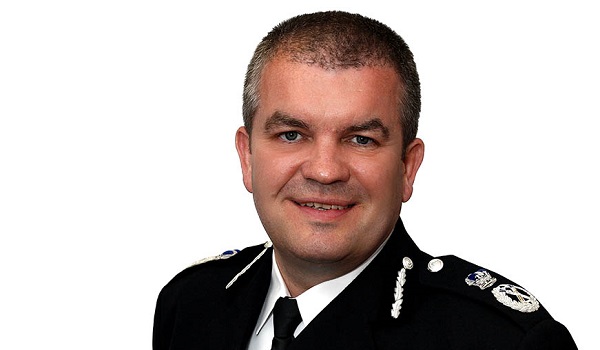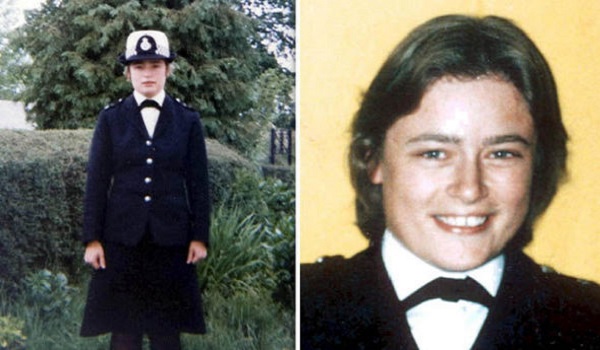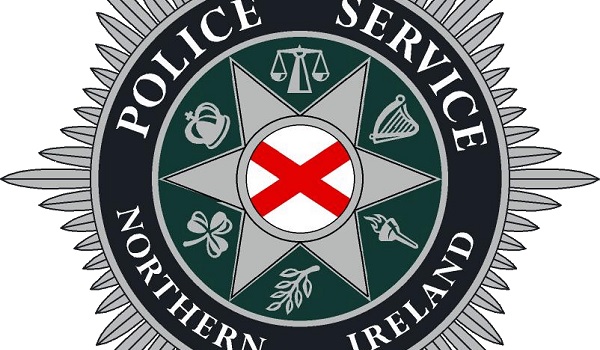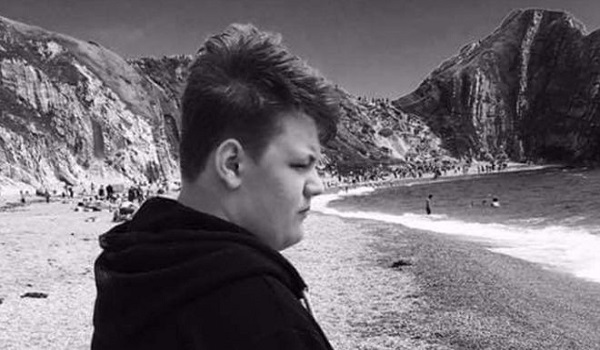Security guidance issued to help candidates stay safe on the campaign trail
Candidates are being issued with guidance today (November 15) to help them respond to intimidatory behaviour or abuse during the election campaign.
Police forces will also offer security briefings for election candidates and have a senior officer responsible for this. The National Police Chiefs’ Council (NPCC) will oversee reports and incidents at national level.
Guidance for Candidates in Elections – When it goes too far, provides advice on the actions or behaviours that could constitute a criminal offence, when to contact the police and practical steps candidates can take to protect themselves.
It has been jointly developed by the NPCC, the Electoral Commission, the College of Policing and the Crown Prosecution Service (CPS), and will form part of official candidate packs issued by the Cabinet Office.
The Parliamentary Liaison and Investigation Team (PLaIT), a national unit established by the Metropolitan Police Service following the murder of Jo Cox, will be providing its expertise to local forces and election leads.
NPCC chair Martin Hewitt said: “As with every election, police will work to prevent and detect crime, and enable the democratic process to proceed unhindered. We take this role extremely seriously.
“Abuse or intimidation of candidates in elections has serious implications for individuals and for our democracy. Practical guidance issued today will help candidates stay safe on the campaign trail. All police forces will offer security briefings for candidates and have a senior officer responsible for this.
“Strong and varied views are the mark of a healthy democracy, but these should not cross the line into criminal abuse, harassment or disorder. There are serious penalties for those who are found guilty of criminal offences.
“We’re not going to tell anyone to limit their campaigning or enthusiasm in any way – but we are taking precautionary steps ourselves and providing sensible advice to candidates.”
The guidance gives candidates information about potential offences such as criminal damage, abusive or threatening behaviour, harassment, stalking, hate crimes and election-related crimes such as false statements against a candidate’s character.
Candidates are being advised to:
• Engage with their single point of contact within their local force for candidate security;
• Take active steps around personal safety to keep themselves and their campaign staff safe;
• Not to canvass alone and make sure someone knows where they are canvassing;
• Keep records of any intimidating behaviour or abuse;
• Conduct an online health check to ensure sensitive personal information is not widely available; and
• Report intimidation or abuse to internet service providers and social media platforms.
Candidates are also warned of potential signals that behaviour could be escalating – threats of imminent violence, fixated ideas or release of personal information not already in the public domain – and to immediately call 999 in an emergency.
Electoral Commission chief executive, Bob Posner said: “It is vital that all parties and campaigners comply with election rules and campaign responsibly. Robust political debate is part of a healthy democracy, but sometimes things can go too far. Intimidating and abusive behaviour have no place in our political system.
“We will work closely with the NPCC, CPS and College of Policing to provide all candidates with the support and guidance they need to stay safe during this election campaign.”







